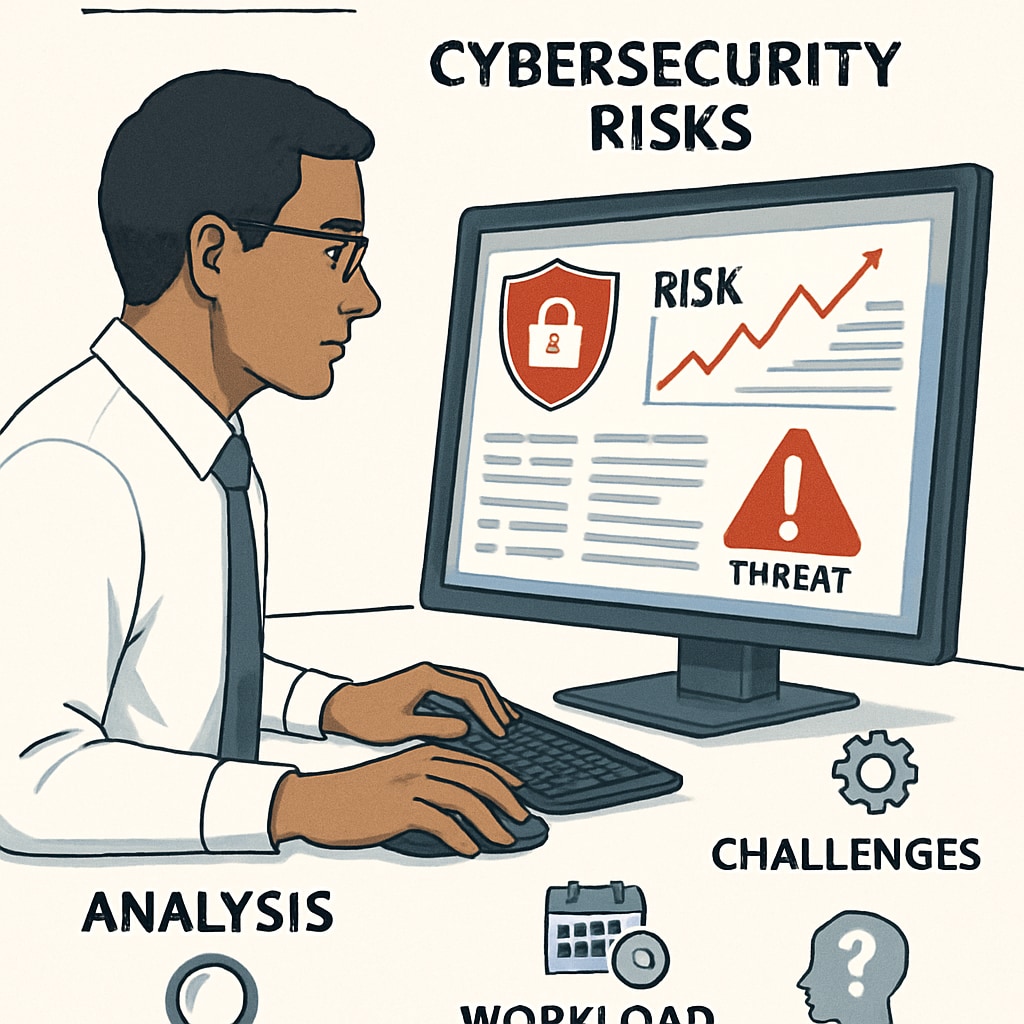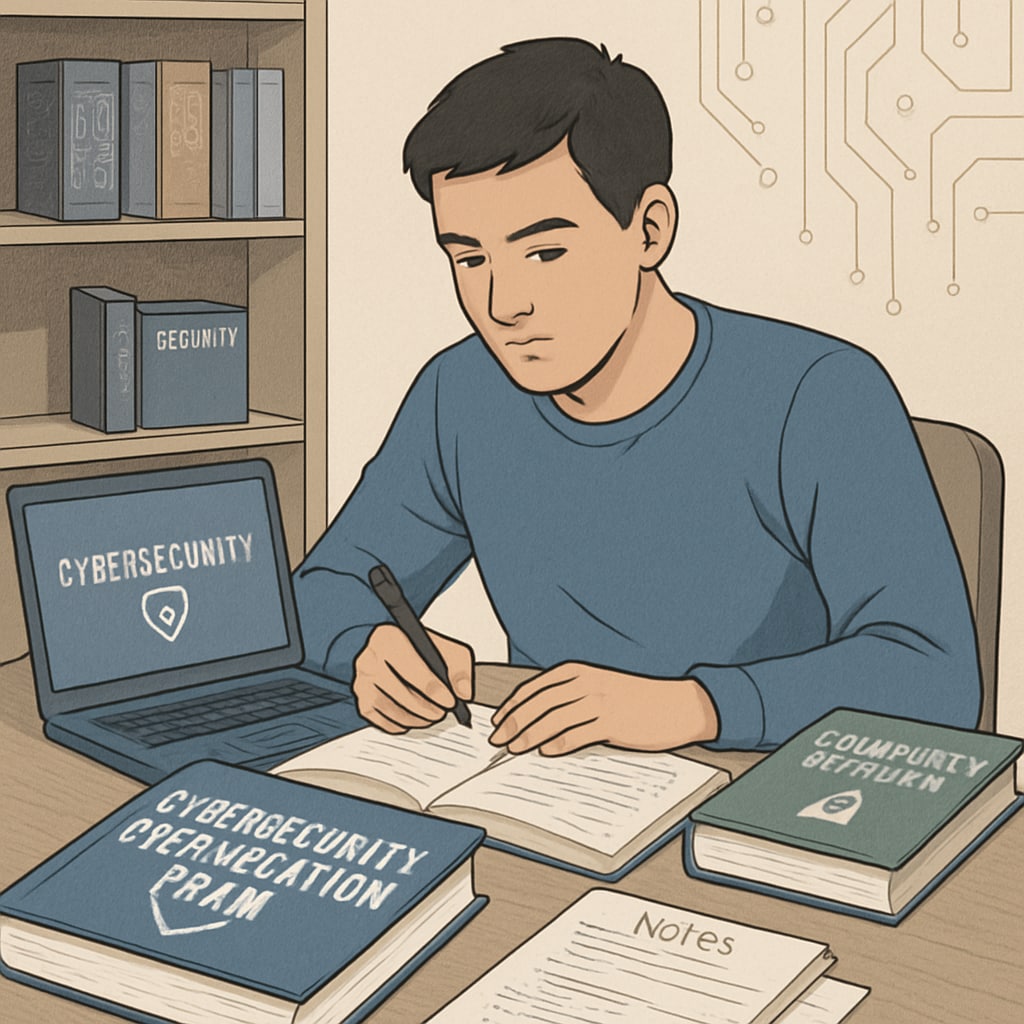In today’s digital-driven world, cybersecurity has become a critical profession, with growing opportunities for skilled professionals. However, when planning a career in cybersecurity, the role of university reputation often comes into question. How much does the prestige of a university influence job prospects in this field? For K12 students and their families, understanding the balance between academic reputation and practical skills is key to building a successful career in cybersecurity.
The Rising Demand for Cybersecurity Experts
The increasing frequency of cyberattacks has made cybersecurity one of the fastest-growing industries globally. According to a report from the U.S. Bureau of Labor Statistics, employment of information security analysts is projected to grow 35% from 2021 to 2031—much faster than the average for all occupations. As a result, employers are eager to hire candidates who not only have strong technical skills but also demonstrate a deep understanding of the field.

For aspiring cybersecurity professionals, this demand presents both opportunities and challenges. On one hand, there is a wealth of positions available. On the other hand, the competition for these roles has intensified, making educational credentials and university reputation important factors in the job market.
Does University Reputation Truly Matter in Cybersecurity?
University reputation can play a role in opening doors to certain opportunities, especially at the entry-level stage. Employers may associate top-tier universities with rigorous academic training, which can be a deciding factor when evaluating candidates. For example, institutions with strong computer science or engineering programs are often recognized for producing graduates with exceptional problem-solving abilities and technical expertise.
However, in cybersecurity, practical skills often outweigh academic prestige. According to CyberSeek, a leading platform for cybersecurity career insights, certifications such as CompTIA Security+, Certified Information Systems Security Professional (CISSP), and Certified Ethical Hacker (CEH) are highly valued by employers. These certifications demonstrate hands-on proficiency in areas like network defense, ethical hacking, and risk management—qualities that are critical for real-world cybersecurity challenges.

Finding the Right Balance: Academic Prestige vs. Practical Skills
For K12 students planning their educational pathways, the decision should not be solely based on university rankings. Instead, they should consider the following factors:
- Program Specialization: Does the university offer a dedicated cybersecurity program or a strong computer science curriculum with relevant electives?
- Industry Connections: Does the institution have partnerships with tech companies, offering internships or co-op opportunities?
- Certification Support: Are there resources to help students prepare for industry-recognized certifications?
- Alumni Network: How active is the alumni network in the field of cybersecurity?
In addition, students should actively seek out opportunities to gain hands-on experience. Participating in hackathons, contributing to open-source projects, or completing internships can significantly enhance their resumes and make them stand out to potential employers.
Conclusion: Preparing for a Cybersecure Future
While university reputation can influence initial job opportunities in cybersecurity, it is not the sole determinant of success. Practical skills, industry certifications, and real-world experience are equally, if not more, important in this dynamic field. K12 students should focus on building a well-rounded profile that combines academic knowledge with technical expertise. By doing so, they can position themselves as strong candidates in the competitive cybersecurity job market and contribute to a more secure digital future.
Readability guidance: Use short paragraphs and lists to break down complex ideas. Incorporate transition words to maintain a smooth flow. Ensure that technical terms are clearly explained for readers unfamiliar with cybersecurity.


